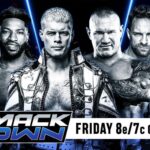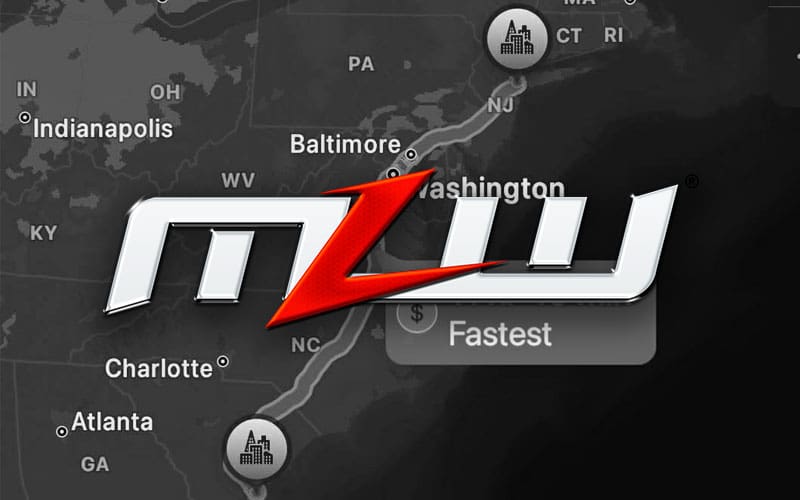[
MLW is on the move, officially announcing its relocation from New York to Charleston, South Carolina. Court Bauer, the owner of MLW, stated that this transition embodies the essence of professional wrestling.
In a conversation with the Post and Courier, Bauer emphasized that this decision extends beyond mere business considerations; it aligns with MLW’s core values.
“We chose Charleston easily. The South is the heart of wrestling. It’s where the passion is intense, where success matters, and where wrestling has roots as a martial discipline long before that term was even coined.”
Bauer went on to express his belief that Charleston suits the league’s identity perfectly: it’s gritty, innovative, and steeped in tradition.
“Charleston offers a unique blend of classic quality, inventiveness, and toughness that embodies what MLW is about. This city appreciates wrestling; it’s woven into the local culture and the Southern way of life, and it truly deserves its own wrestling league.”
MLW is not just setting up a satellite office; this is a complete move. Charleston will serve as its new headquarters, production site, and creative center.
“We’re not just opening an office; we’re establishing roots.” Bauer noted. “Charleston will be our central hub, production location, and the starting point for everything we plan to accomplish in the future. The South was always our destination when envisioning the future of MLW.”
This transition includes closing the manufacturing office in Westchester, New York, marking a significant departure from the Northeast base they’ve had for years.
This move could signal a transformative chapter for MLW, one that reconnects with the regional legacy of professional wrestling while allowing for fresh creative developments.
Do you think MLW’s shift to Charleston will give the league a competitive advantage in today’s wrestling landscape? Share your thoughts in the comments about whether the South is the right destination.
November 19, 2025 3:40 PM
Fan Take: This relocation could reinvigorate MLW by tapping into the deep cultural roots of Southern wrestling, potentially helping it carve out a more distinctive identity in the industry. For fans, this could mean a more authentic and gritty wrestling experience that celebrates the sport’s rich history.













